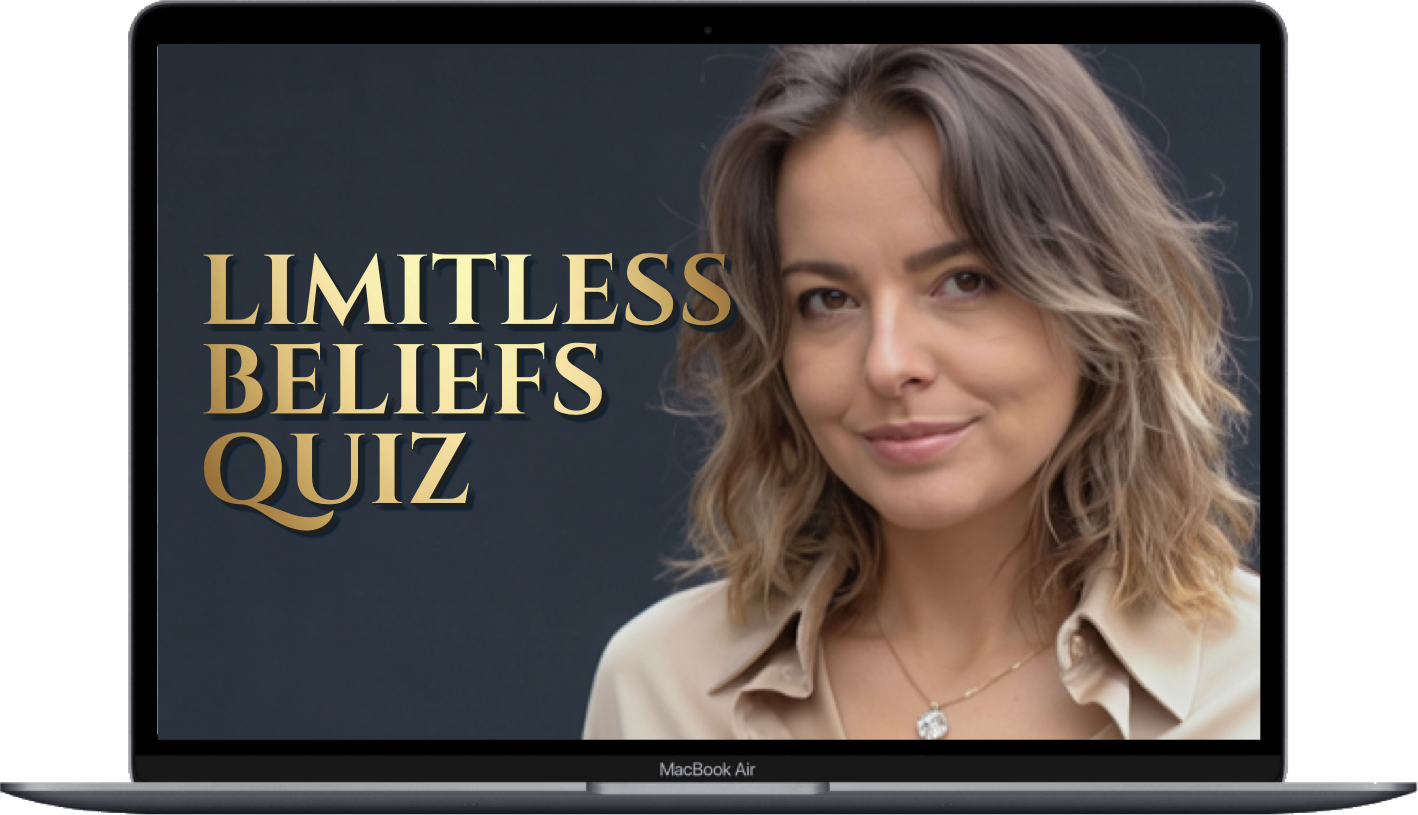Once, I believed I had cracked the code on resolving conflict. I was in my early twenties when I came up with a simple formula: just start feeling love for the person I was having a conflict with. That was it. And back then, it worked surprisingly well. When I allowed myself to accept and understand the person I was fighting with, the conflict seemed to dissolve. It was like the problem had only ever existed in my head.
But as time passed, I noticed the formula didn’t work every time—and even when it did, the effect didn’t always last. I started to wonder why.
Back then, I didn’t understand how instinctively we divide the world into “good” and “bad,” “right” and “wrong,” “safe” and “unsafe.” When someone upsets us or doesn’t behave the way we expect, we unconsciously label them as “not good for us.” And once we’ve decided someone is “bad,” it becomes much harder to love, accept, or even understand them. Sometimes we’re so quick to toss someone into the mental discard pile that we don’t pause to consider what else might be true about them—or about us.
In reality, people are rarely that black and white. Most of us know that human beings are complex, layered, and far from perfect. I’ve been on both sides of rejection: I’ve walked away from others, and I’ve been walked away from. Neither experience brings connection. Neither builds unity.
And that brings me to something I’ve observed more and more, especially in American culture. The idea of unity has been warped into something unrecognizable. Now, many of us seek unity only with those who align with us completely. We call it “being in our vibe” or “finding our people”—but more often, it just leaves us lonelier. We struggle to tolerate difference. And if we don’t understand someone, we disconnect. But if someone isn’t harming anyone, why not let them be who they are? Why not stay open?
Loving people doesn’t mean agreeing with them. It means allowing them their full humanity.
When we see people as we see the weather—unpredictable, sometimes cloudy, sometimes glorious—we might soften our grip on perfection. Even in Los Angeles, where the sun mostly shines, we know rain will come. We don’t demand perfect weather before we enjoy the outdoors. So why do we demand perfect compatibility before we open our hearts?
Life doesn’t have to be about separation and loneliness. It can be about connection. And connection doesn’t require sameness—it only requires openness.
When I started seeing people through this lens, I realized how easy it could be to stay close even to those I didn’t fully understand. I didn’t have to approve of everything. I didn’t have to agree. I just had to let them be who they are—and love them anyway. And perhaps the most beautiful outcome of all: once I began truly accepting others, I finally gave myself permission to be fully me, too.


